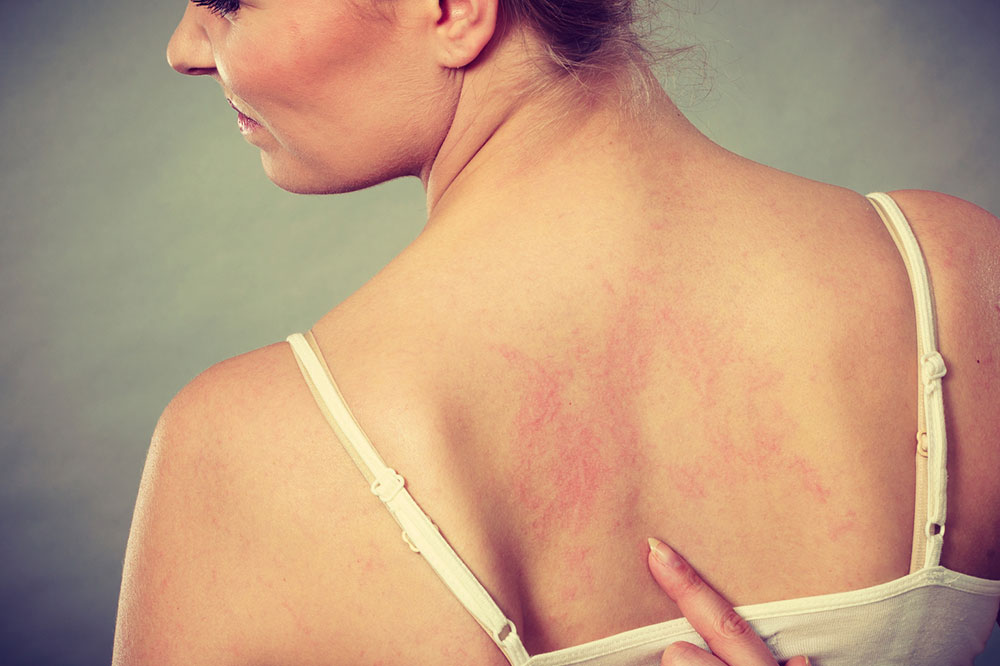Common Skin Disorders and Their Effective Treatments
This article explores common skin conditions such as acne, shingles, eczema, and rosacea, discussing their symptoms and available treatment options. Early diagnosis and management are emphasized to prevent complications, with insights into medications, vaccines, and dermatologist consultations for effective care.

Common Skin Disorders and Treatment Options
Numerous skin conditions vary in severity and presentation, ranging from temporary irritations to chronic issues that can lead to health complications if untreated. Early intervention is crucial to prevent worsening or additional problems.
Overview of prevalent skin conditions and their management
Acne (Acne Vulgaris)
Acne is a widespread skin concern affecting many, especially teenagers, but adults can suffer too. It presents as pimples, blackheads, cysts, and nodules, typically on the face, back, or chest. Consulting a dermatologist early is recommended. Over-the-counter remedies like Adapalene (Differin) are effective, while severe cases may require topical Tretinoin prescribed by a healthcare professional.
Shingles is a viral infection causing red, blistering rashes mostly on the torso, though it can appear elsewhere. Symptoms include fatigue, fever, and headache. Vaccines such as Zostavax and Shingrix help lower the risk, particularly for those over 50 or 60. Antiviral medications like Valtrex can reduce severity if started early.
Atopic dermatitis, or eczema, often affects infants and children. Its exact cause is unknown but involves genetic and environmental factors. Symptoms can appear on the face, hands, feet, and skin folds, especially in individuals with allergies. Treatments include Dupilumab (Dupixent), an FDA-approved injectable, used alongside or instead of topical steroids, effective for managing eczema.
Rosacea causes facial redness, visible blood vessels, and pimples, mainly affecting women over 30 but also men. External triggers like pollution and immune responses contribute. Antibiotics such as doxycycline and topical metronidazole ointments are common treatments. Azelaic acid gels reduce inflammation, and severe cases may require isotretinoin therapy.


